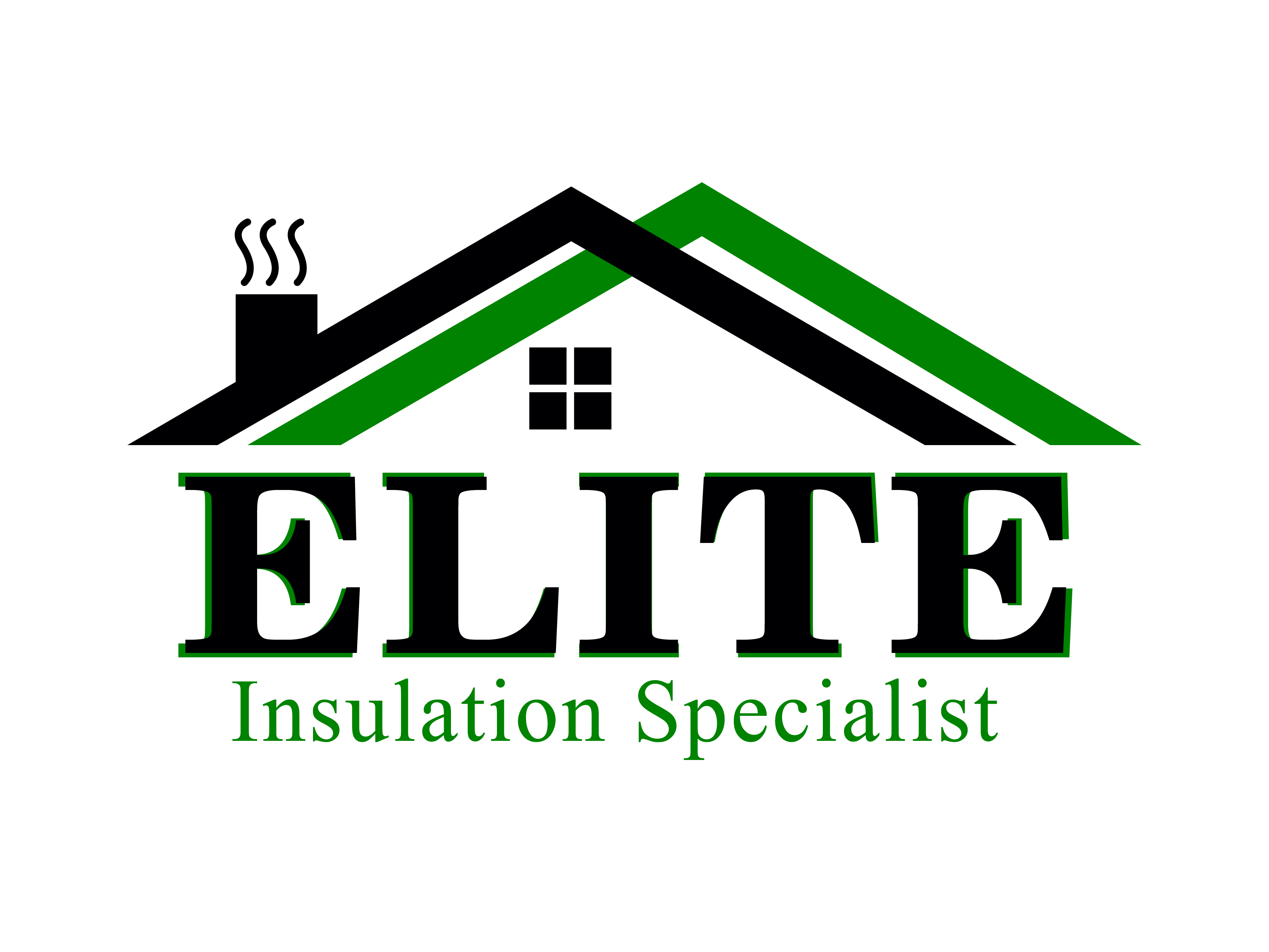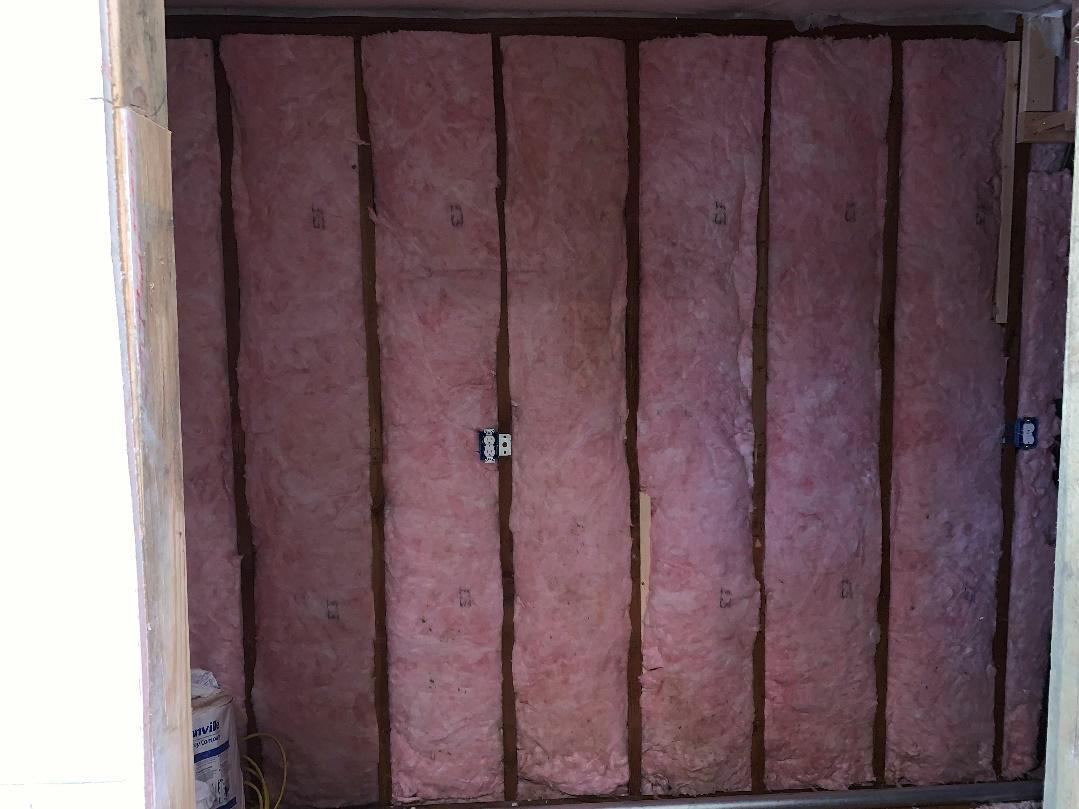When it comes to insulating your home, gone are the days when your only choice was the ubiquitous “pink fluff” fiberglass insulation. Today, homeowners have a wide range of insulation materials to choose from, each with its own set of advantages and drawbacks.
Understanding these options is crucial for making informed decisions about the best insulation material for your needs. In this comprehensive guide, we will delve into different types of insulation materials beyond pink fluff, exploring their characteristics, applications, and considerations for homeowners in Texas.
The Importance of Choosing the Right Insulation Material
Insulation is a critical component of your home’s thermal envelope. It plays a pivotal role in maintaining a comfortable indoor temperature, reducing energy costs, and minimizing environmental impact. Selecting the right insulation material ensures that your home remains warm in the winter and cool in the summer. It’s essential to consider factors such as R-value (thermal resistance), moisture resistance, fire resistance, and environmental impact when choosing.
Common Types of Insulation Materials
Let’s explore some of the most common insulation materials available in the market, their characteristics, and their ideal applications:
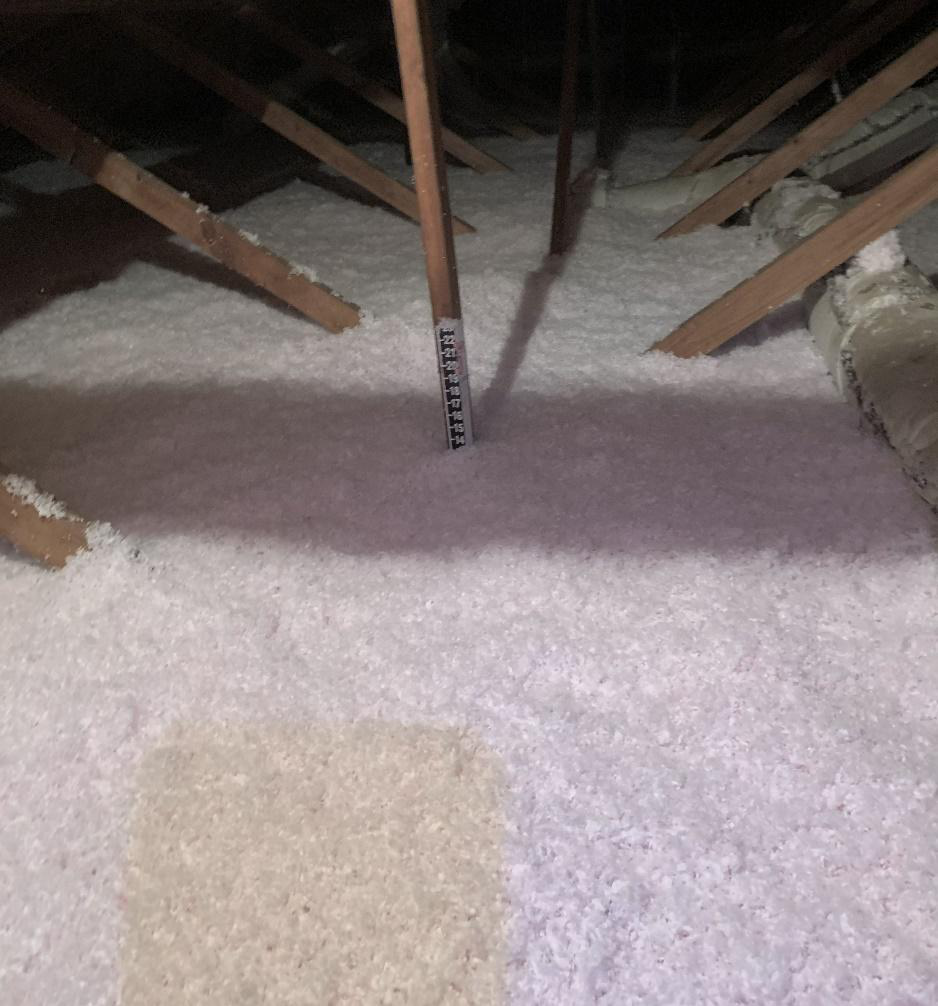
Fiberglass Insulation
Fiberglass insulation is a popular choice for homeowners due to its wide availability and affordability. It offers effective thermal performance and is non-combustible, providing an added layer of fire resistance.
When properly installed, fiberglass insulation is also resistant to mold and moisture. However, it can be itchy to handle without protective gear, and installation requires careful attention to prevent gaps and voids. This type of insulation is commonly used in attics, walls, and floors, with fiberglass batts or rolls being the most common options for these applications.
Cellulose Insulation
Cellulose Insulation is an environmentally friendly option, crafted from recycled paper. Its pros include excellent thermal performance, especially when treated with fire-retardant chemicals to enhance fire resistance.
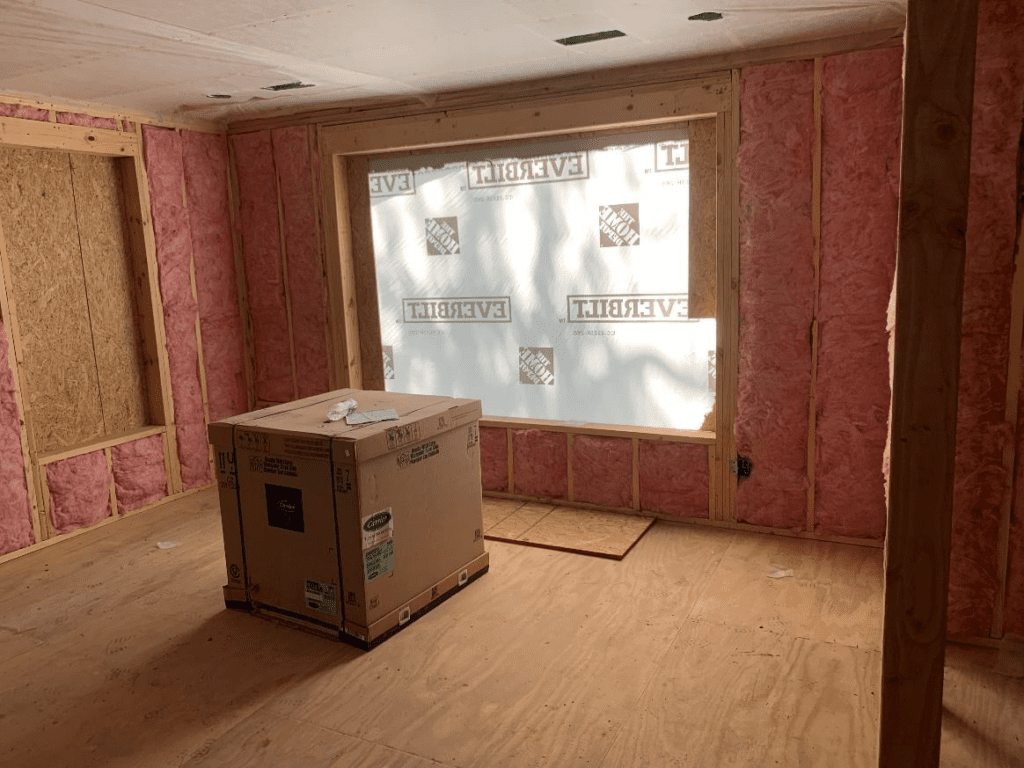
Furthermore, blown-in cellulose is particularly effective at filling gaps, ensuring a snug fit. However, it’s essential to be cautious about moisture, as cellulose insulation can be susceptible to damage if not adequately sealed. Ideal applications for cellulose insulation include walls and attics, where it’s known for its effectiveness, especially in retrofitting existing structures.
Spray Foam Insulation
Spray foam insulation is a versatile choice with several notable benefits. Its superior thermal performance and remarkable air-sealing properties make it an excellent option for maximizing energy efficiency.
This material excels in small spaces and challenging-to-reach areas where traditional insulation may struggle. Moreover, it’s resistant to moisture and mold, contributing to a healthier indoor environment. With a long lifespan, it offers lasting insulation effectiveness.
However, it’s worth noting that spray foam tends to be more expensive than some other insulation options and typically requires professional installation due to its application complexity.
Its ideal applications span attics, walls, crawl spaces, and the sealing of gaps around pipes and wires, offering comprehensive coverage for your home’s insulation needs. Closed-cell and open-cell formulations provide flexibility to cater to different project requirements.
Rigid Board Insulation
Rigid board insulation is valued for its exceptional insulating properties, offering a high thermal resistance per inch of thickness. Additionally, it boasts moisture resistance and durability, making it suitable for a variety of applications both inside and outside your home.
However, it’s important to note that the initial cost of rigid board insulation can be relatively high compared to other options. This insulation material is ideal for roofing, wall construction, and foundation insulation.
Common types of rigid board insulation include extruded polystyrene (XPS) and polyisocyanurate (polyiso) boards, known for their effectiveness in enhancing energy efficiency and maintaining a comfortable indoor environment.
Reflective Insulation
Reflective insulation offers distinct advantages for homeowners. It excels in reducing radiant heat transfer and boasts a lightweight and user-friendly installation process. However, its effectiveness is maximized when used with other insulation types, making it an ideal complement to traditional insulating materials.
Reflective insulation is particularly well-suited for applications in attics and beneath metal roofs, where it is frequently employed as a radiant barrier. It’s important to note that while reflective insulation is highly effective in warmer climates, its performance may be somewhat diminished in extremely cold conditions.
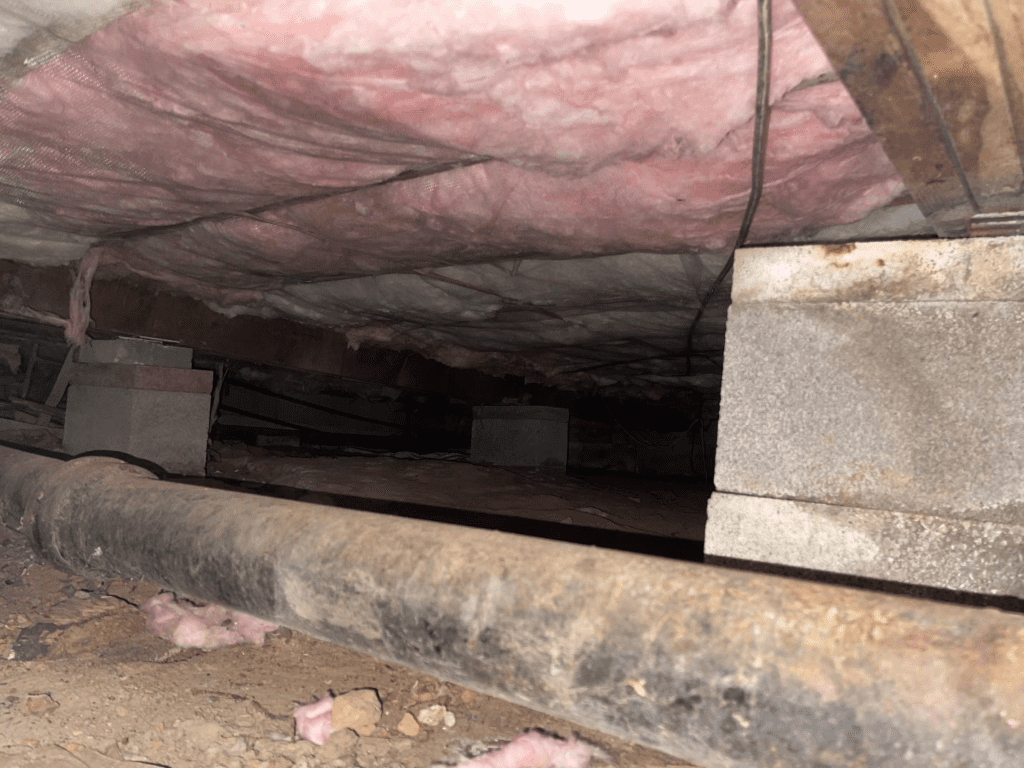
Considerations for Texas Homeowners When Selecting Insulation Materials
When selecting the appropriate insulation material for your Texas residence, it’s vital to factor in the unique climate and regional considerations. Here are several important points to keep in mind:
- Heat Resistance: Given Texas’ reputation for scorching summers, prioritizing insulation materials with exceptional heat resistance is essential. Options like spray foam and reflective insulation excel in managing high temperatures, contributing to enhanced comfort.
- Moisture Resistance: In areas of Texas characterized by humidity, moisture resistance becomes a critical concern. Materials such as fiberglass and spray foam demonstrate resilience against moisture-related issues, safeguarding your home from potential damage.
- Energy Efficiency: Texas homeowners grapple with sweltering summers and fluctuating temperatures. Consequently, prioritizing energy-efficient insulation materials is paramount. Spray foam and reflective insulation stand out for their capacity to deliver superior energy efficiency, keeping your home comfortable year-round.
- Fire Resistance: Ensuring the fire resistance of insulation materials is a fundamental safety consideration. Both fiberglass and cellulose insulation can be treated to bolster their fire resistance properties, offering an added layer of protection for your home and loved ones.
- Environmental Impact: For those concerned about environmental sustainability, exploring eco-friendly insulation options is advisable. Cellulose insulation, crafted from recycled paper, represents a conscious choice that aligns with environmental values, providing effective insulation while minimizing ecological impact.
By carefully weighing these factors and consulting with insulation experts, Texas homeowners can make well-informed decisions when selecting insulation materials tailored to their home’s specific requirements and the state’s challenging climate conditions.
Making an Informed Choice when it comes to Insulation Materials
Choosing the right insulation material goes beyond simply selecting the most popular option. It’s about understanding your home’s specific needs, your budget, and the local climate. Consulting with insulation professionals can provide valuable insights into which material suits your home best. Additionally, taking advantage of government incentives or energy-efficient insulation rebates can make your investment even more cost-effective.
The days of settling for “pink fluff” insulation are long gone. Texas homeowners have many insulation materials, each with unique benefits and applications. By understanding the characteristics and considerations associated with different insulation materials, you can make an informed decision that enhances your home’s comfort, energy efficiency, and environmental sustainability.
Get Started with Elite Insulation Specialist
If you’re looking for a professional, reliable, experienced, and pocket-friendly insulation contractor, you’ve come to the right place. Elite Insulation Specialist is your trusted partner for top-notch, budget-friendly solutions.
Our expert wall insulation services offer lasting comfort and enhanced well-being. Besides wall insulation, we also offer the following:
Contact us today to learn more.
